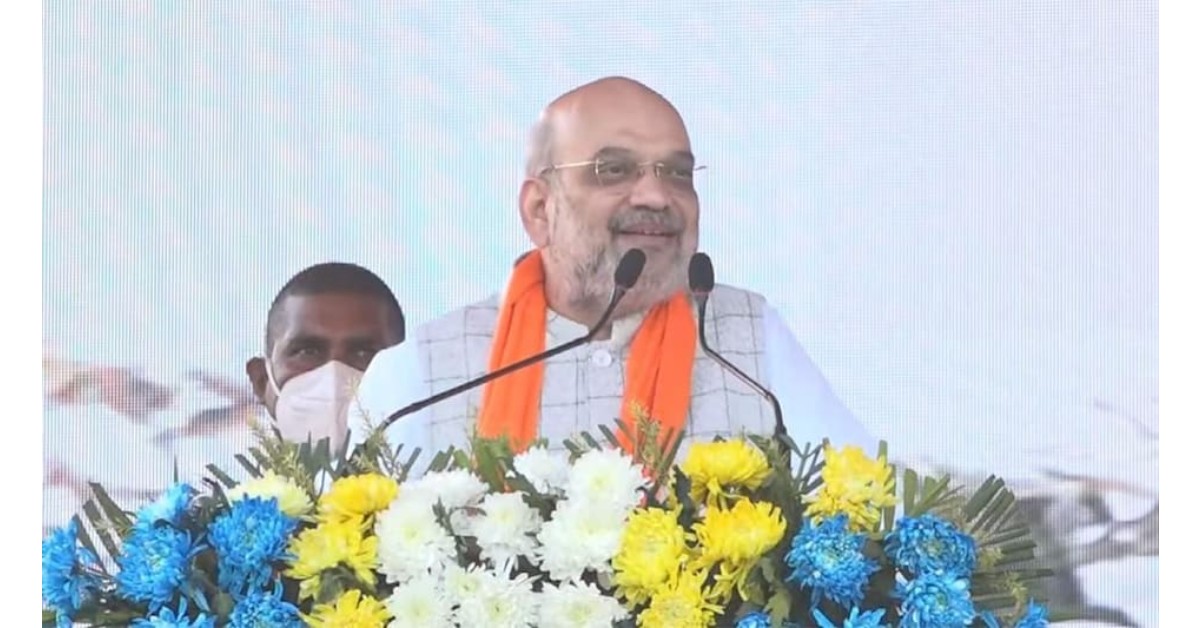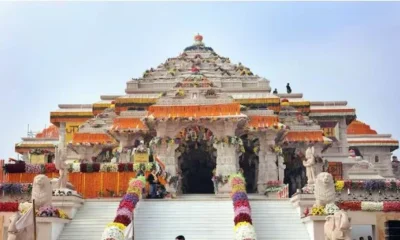Top Stories
Amit Shah says Ram Temple will be open by Jan 1, 2024, blames Congress for hindering its construction
The home minister even urged the public gathered at the rally to book early tickets as the sky-high Ram Temple will stand ready at Ayodhya on January 1, 2024.

India News
Security tightened across Delhi metro stations after bomb threat emails
Delhi is on high alert after bomb threat emails targeted metro stations, the Red Fort and the Assembly. Authorities confirmed the threats were hoaxes but tightened security as a precaution.
Latest world news
Bangladesh president Shahabuddin accuses Yunus of conspiracy to unseat him
Bangladesh President Mohammed Shahabuddin has accused former chief adviser Muhammad Yunus of attempting to unseat him unconstitutionally and destabilise the country during the interim period.
India News
World praised India’s AI potential at AI Impact Summit, says PM Modi
PM Modi said the world praised India’s AI potential at the AI Impact Summit 2026, where 89 countries endorsed the New Delhi Declaration on artificial intelligence.
-

 India News10 hours ago
India News10 hours agoJNU protest turns violent as Left and Right student groups trade charges
-

 India News11 hours ago
India News11 hours agoDevendra Fadnavis seeks CBI probe into Ajit Pawar plane crash
-

 LATEST SPORTS NEWS10 hours ago
LATEST SPORTS NEWS10 hours agoICC Men’s T20 World Cup 2026: South Africa outclass India with smart slower-ball strategy in Super 8
-

 India News10 hours ago
India News10 hours agoWorld praised India’s AI potential at AI Impact Summit, says PM Modi
-

 Latest world news4 hours ago
Latest world news4 hours agoBangladesh president Shahabuddin accuses Yunus of conspiracy to unseat him
-

 India News2 hours ago
India News2 hours agoSecurity tightened across Delhi metro stations after bomb threat emails










